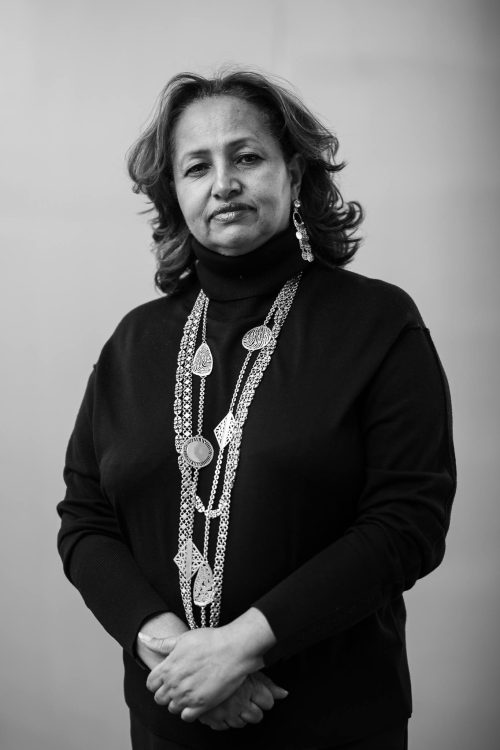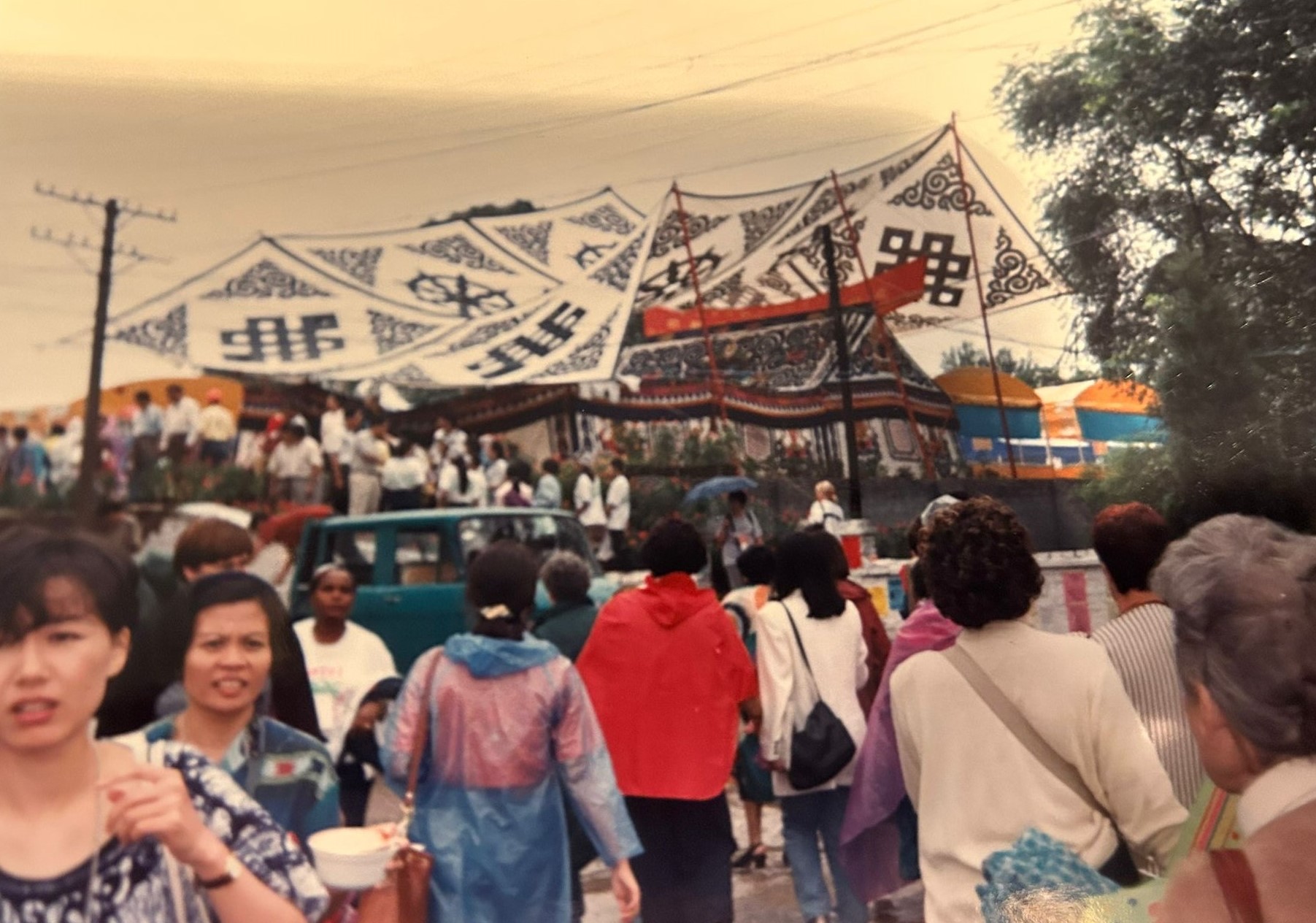The urgency of now
Today, I feel an even greater urgency than I did in 1995. The progress we have fought for is not just incomplete – it is at risk. We are witnessing a backlash, a deep resentment towards the gains women have made. The road ahead is difficult, but if Beijing taught us anything, it is that activism works. Change happens when we organise, when we stand together, when we refuse to be silenced.
This is the time for bold action. We need grassroots activism more than ever. We need strong partnerships and unwavering solidarity. We need women to express their political aspirations in every way they can – through music, through art, through advocacy. We need to challenge not only patriarchy but all forms of inequality – between rural and urban, young and old, across race, class, and religion.
Ever since Beijing, women have been at the forefront of the fight against discrimination. That cannot stop now. We must continue without fear, with determination, and with the belief that change is always possible.
 Hibaaq Osman is a Somali activist, political strategist, and women’s rights and human rights defender. Since 2005 her work has been focused on Karama, a growing movement to end violence against women, and deliver sustainable, inclusive peace and democracy in Africa and the Arab world. Through Karama, Hibaaq has made it her mission to elevate the voices of grassroots women activists, raising their profiles and developing their skills as peacemakers and leaders.
Hibaaq Osman is a Somali activist, political strategist, and women’s rights and human rights defender. Since 2005 her work has been focused on Karama, a growing movement to end violence against women, and deliver sustainable, inclusive peace and democracy in Africa and the Arab world. Through Karama, Hibaaq has made it her mission to elevate the voices of grassroots women activists, raising their profiles and developing their skills as peacemakers and leaders.
Karama’s guiding principle is ensuring that policies affecting women in the region are not simply responsive to the needs of women on the ground but are also designed and led by women and real representatives of the community. Under her motto that ‘democracy without women is hypocrisy’, Hibaaq has promoted women’s leadership in humanitarian response, conflict prevention and resolution, governance and diplomacy.


 Hibaaq Osman is a Somali activist, political strategist, and women’s rights and human rights defender. Since 2005 her work has been focused on Karama, a growing movement to end violence against women, and deliver sustainable, inclusive peace and democracy in Africa and the Arab world. Through Karama, Hibaaq has made it her mission to elevate the voices of grassroots women activists, raising their profiles and developing their skills as peacemakers and leaders.
Hibaaq Osman is a Somali activist, political strategist, and women’s rights and human rights defender. Since 2005 her work has been focused on Karama, a growing movement to end violence against women, and deliver sustainable, inclusive peace and democracy in Africa and the Arab world. Through Karama, Hibaaq has made it her mission to elevate the voices of grassroots women activists, raising their profiles and developing their skills as peacemakers and leaders.